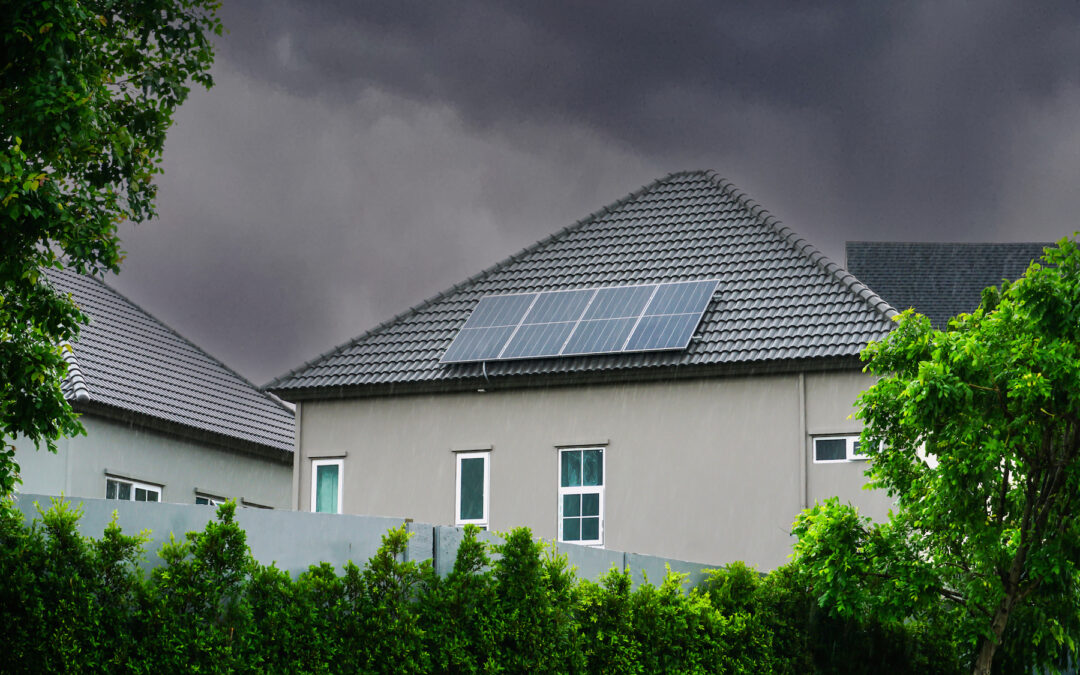Benefits of Installing a Fence in Your Yard
Installing a fence in your yard offers numerous benefits, including enhanced privacy, security, and aesthetic appeal. Fences create a defined boundary that can help keep pets and children safe while also providing a personal retreat from the outside world.
In addition to privacy and security, a well-chosen fence can add significant value to your property. For instance, wooden fences can provide a classic look that complements many home styles, while vinyl fences offer durability and low maintenance. Homeowners can choose from various materials and styles to fit their specific needs and preferences.
Top Fencing Materials for Florida Homes
When selecting fencing materials for homes in Florida, it's essential to consider the local climate and potential storm damage. Materials such as vinyl and aluminum are popular choices due to their resistance to moisture, rust, and decay, making them ideal for the humid environment.
Additionally, composite fencing is gaining traction as it combines the aesthetic appeal of wood with the durability of synthetic materials, ensuring longevity even in harsh weather conditions. Homeowners should weigh the pros and cons of each material to determine the best option for their specific location and requirements.
How to Maintain Your Fence for Longevity
Proper maintenance is crucial for ensuring the longevity of your fence. Regular inspections for signs of wear, such as rotting wood or rusted metal, can help identify issues before they become significant problems. Cleaning your fence periodically can also prevent the buildup of dirt and debris that may lead to deterioration.
In addition to cleaning, applying protective coatings or sealants can extend the life of wooden fences, while metal fences may require rust-inhibiting paint. By investing time in maintenance, homeowners can enjoy their fencing investment for many years to come.
Understanding Local Zoning Laws for Fencing
Before installing a fence, it's essential to understand local zoning laws and regulations. These laws can dictate the height, style, and placement of fences on your property, ensuring compliance with community standards and safety guidelines.
Homeowners should consult their local zoning office or homeowners' association to gather necessary information and avoid potential fines or disputes. Understanding these regulations can help you choose the right fence that meets both your needs and legal requirements.



